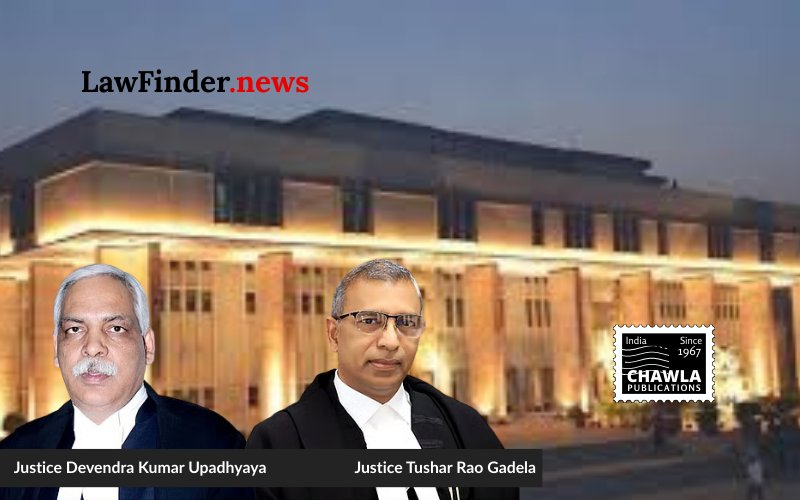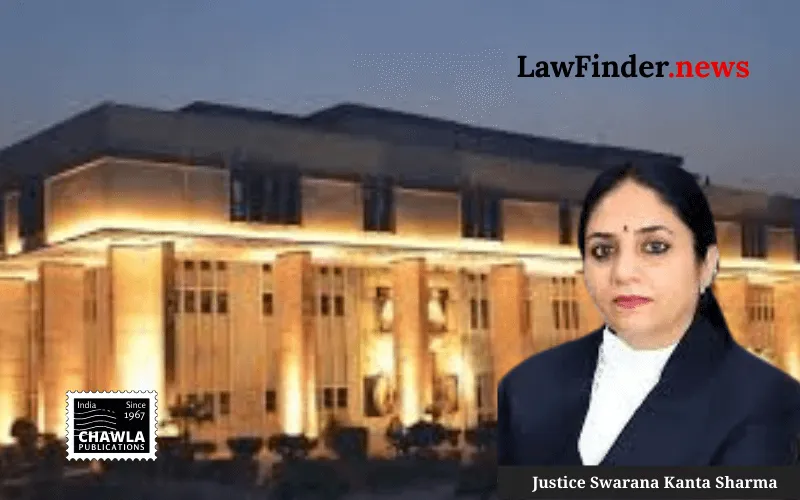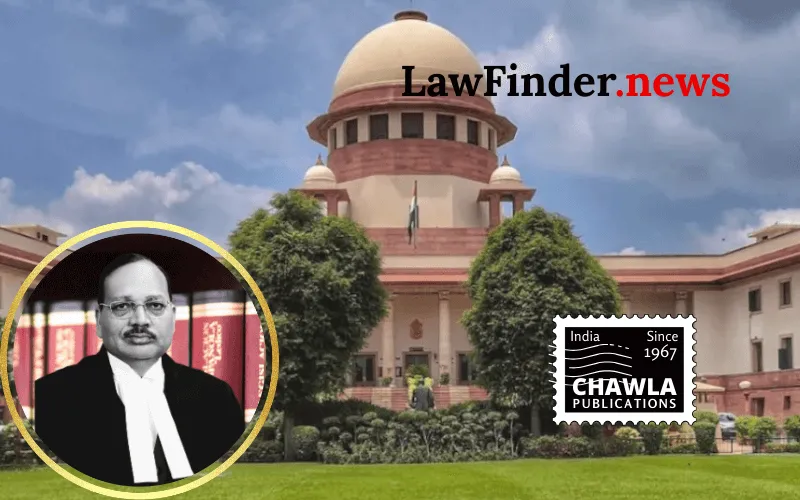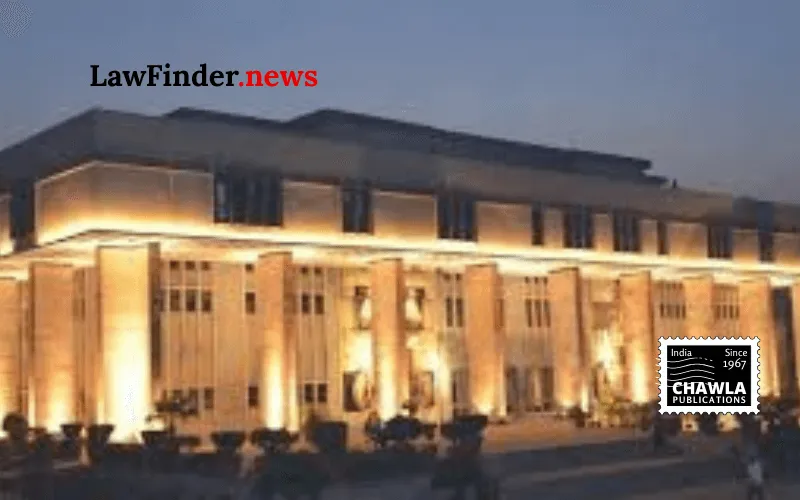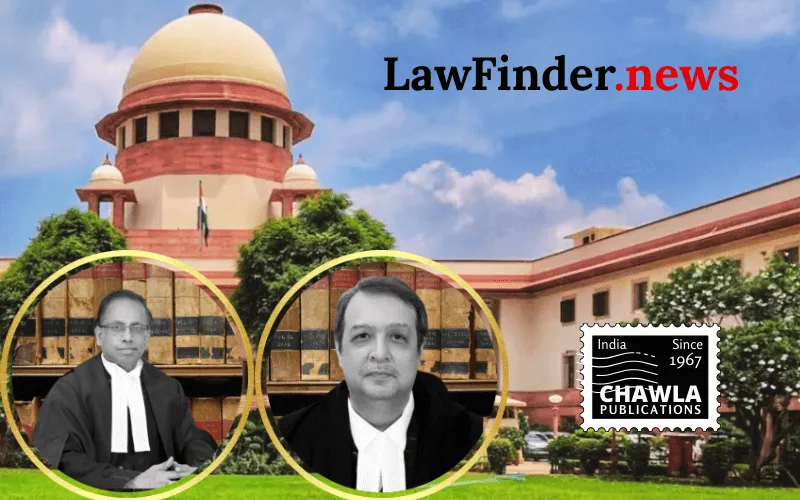Tribunal's Orders Challengeable Under Article 226, Not Article 227, Says Court
In a significant judgment delivered on October 13, 2025, the Delhi High Court, comprising Chief Justice Devendra Kumar Upadhyaya and Justice Tushar Rao Gedela, ruled that writ petitions under Article 226 of the Constitution are maintainable against orders passed by the Unlawful Activities (Prevention) Tribunal. The court clarified that while a petition under Article 227 is not tenable, the Tribunal’s role does not equate to that of a civil court, thereby allowing constitutional writ jurisdiction to challenge its orders.
The case, Popular Front of India v. Union of India, involved a writ petition filed by the Popular Front of India (PFI), contesting the Tribunal's order that confirmed the government's notification declaring PFI as an "unlawful association" under the Unlawful Activities (Prevention) Act, 1967. The Tribunal, constituted under Section 5 of the Act, is presided over by a sitting High Court judge and its adjudicatory functions are distinct from those of a civil court, the bench noted.
The court examined the statutory provisions and various Supreme Court judgments to address the maintainability of the writ petition. It observed that the Supreme Court had earlier advised the petitioner to approach the High Court under Article 226 for challenging the Tribunal’s order, reinforcing the High Court’s role as the appropriate forum for such challenges.
Chief Justice Upadhyaya, in the judgment, emphasized that the Tribunal's functions are primarily adjudicatory but do not involve deciding a lis in the conventional sense. Therefore, its orders could be challenged via writ petitions under Article 226, which provides for judicial review of administrative actions. The court further stated that Article 227's supervisory jurisdiction is not applicable as the Tribunal, presided over by a High Court judge, is not under the superintendence of the High Court within the meaning of Article 227.
The judgment is poised to set a precedent for similar cases where the role of specialized tribunals is brought into question concerning constitutional writ jurisdiction. The court’s detailed interpretation of statutory provisions and reliance on past judgments underscores the nuanced approach needed when dealing with complex legal structures involving tribunals and administrative actions.
The court has directed the Union of India to file a counter affidavit within six weeks, with the petitioner given two weeks to submit a rejoinder. The matter is scheduled for further hearing on January 20, 2026.
Bottom Line:
Maintainability of a writ petition under Article 226 of the Constitution against an order passed by the Unlawful Activities (Prevention) Tribunal - Tribunal's role is distinct from that of a civil court, and its adjudicatory functions do not amount to deciding a lis in the manner of a civil court.
Statutory provision(s): Article 226 of the Constitution of India, Article 227 of the Constitution of India, Sections 3, 4, 5, 9 of the Unlawful Activities (Prevention) Act, 1967
Popular Front of India v. Union of India, (Delhi)(DB) : Law Finder Doc Id # 2794356
